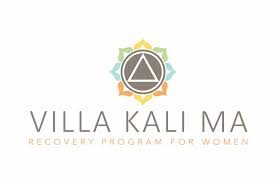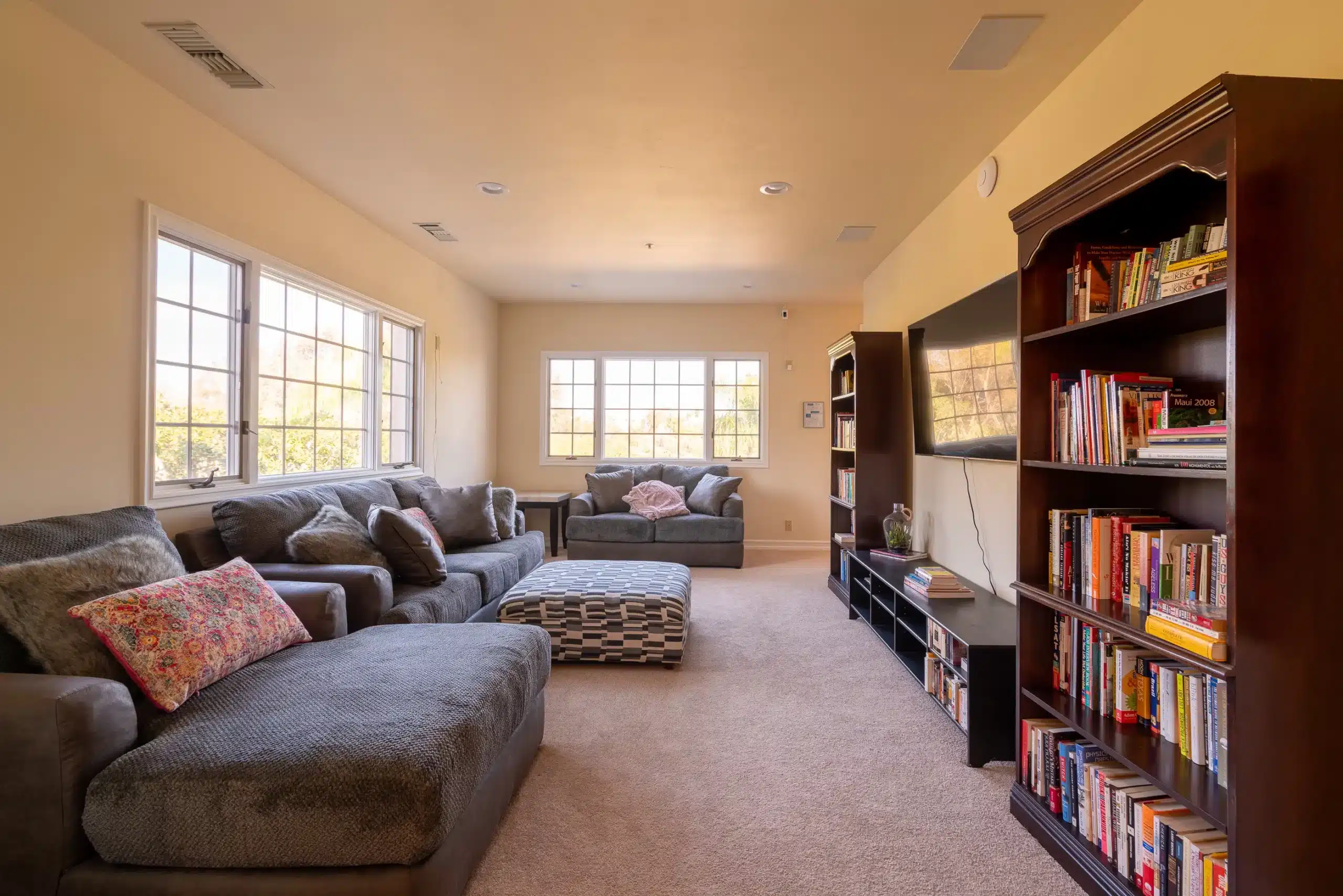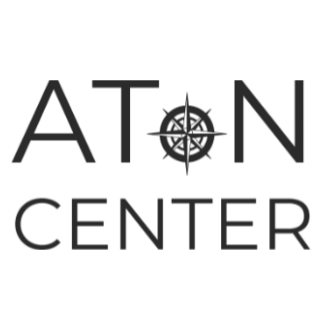Your Journey to Rehab Navigator Here
Discover compassionate, evidence-based recovery centers designed to support your path to wellness and renewed hope.
Our Recovery Centers


Villa Kali Ma Women's Recovery Centers


Villa Oasis San Diego


San Diego Detox and Residential
Find Specialized Care by Condition
Targeted Care for Your Unique Journey to Wellness
Anxiety Disorders
Anxiety disorders are a group of mental health conditions characterized by persistent and excessive fear, worry, or nervous system arousal that goes...
Depression
Depression is a mood disorder marked by a persistent low mood and reduced interest or pleasure in daily activities. It is one of the leading causes ...
Stress
Stress refers to the body’s natural response to perceived demands or pressures and is a nearly universal human experience. While stress itself is no...
ADHD
ADHD is a neurodevelopmental condition that affects attention, impulse control, and executive functioning. Although commonly identified in childhood...
Accepted Insurance
Resources & Support
What to Expect in Recovery
A comprehensive guide to understanding the recovery process, timelines, and what to expect during your healing journey.
Supporting a Loved One
Essential tips and strategies for family members and friends on how to provide meaningful support during recovery.
Daily Wellness Practices
Simple, effective self-care techniques and mindfulness practices you can incorporate into your daily routine.
Understanding Your Benefits
Navigate insurance coverage for mental health treatment and maximize your benefits for recovery services.
Crisis Support
24/7 crisis hotlines, emergency resources, and immediate support options when you need help right away.
Success Stories
Inspiring stories from individuals who have successfully navigated their recovery journey and found healing.












